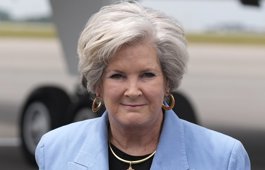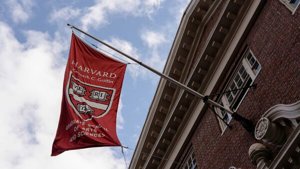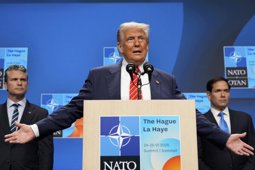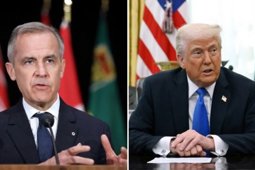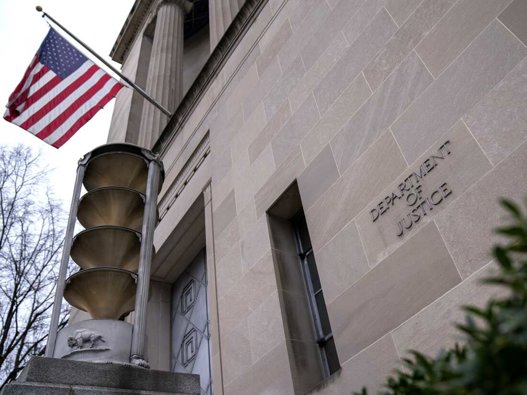
DOJ Backs Trump in Guard Dispute
DOJ says Trump lawfully federalized the National Guard in LA riots, telling court he doesn’t need Newsom’s consent.
DOJ Argues Trump Acted Within Legal Authority
The Department of Justice on Wednesday defended President Donald Trump’s activation of the National Guard in Los Angeles, calling California’s legal challenge a “crass political stunt” that jeopardizes federal safety and undermines executive authority. The deployment followed violent anti-ICE riots that damaged federal buildings and injured personnel.
Governor Gavin Newsom and California Attorney General Rob Bonta filed suit to block the president’s action, claiming Trump unlawfully invoked Title 10 authority under 10 U.S.C. § 12406 without the governor’s consent. That provision permits a president to federalize National Guard troops in cases of rebellion or threat to federal law enforcement.
In its legal filing, the DOJ stated that Trump has “no obligation” to seek Newsom’s permission or even to notify him before federalizing the Guard. “The extraordinary relief plaintiffs request would judicially countermand the Commander in Chief’s military directives,” the DOJ wrote. “That would be unprecedented. It would be constitutionally anathema — and it would be dangerous.”
“The President has every right under the Constitution and by statute to call forth the National Guard and Marines to quell lawless violence,” the DOJ added. “Evaluating the unrest and threats that local and state authorities were unable or unwilling to control, the President responded by using his lawful powers.”
Legal Showdown Over Federal vs. State Authority
The Justice Department rejected Newsom’s claim that he was not consulted, stating that the law only requires the president’s order be conveyed through the governor — not that it be approved. “There is no requirement that the President seek or obtain the Governor’s approval,” the DOJ said.
California's legal team argued the protests did not rise to the level of rebellion and therefore failed to meet the legal standard to justify invoking Section 12406. “At no point has there been a rebellion or insurrection,” they told the court, noting that past events in Los Angeles were more severe.
A U.S. district judge denied the state’s emergency motion for a temporary restraining order but set a full hearing for Friday to consider broader injunctive relief.
Newsom’s office responded strongly, saying, “President Trump continues to violate the U.S. Constitution and federal law by turning the military into his own personal police force.” The administration, however, maintains that federalizing troops in such a scenario is both lawful and necessary.
In support of Trump’s action, a group of 20 Republican state attorneys general filed an amicus brief arguing that the president’s actions do not require gubernatorial approval. An additional group of 26 attorneys general issued a statement backing the federal response, stating, “When local and state officials won’t act, the federal government must.”
The case sets the stage for a critical test of executive authority and the limits of federal intervention during civil unrest, with implications for the balance between state sovereignty and national security enforcement.



